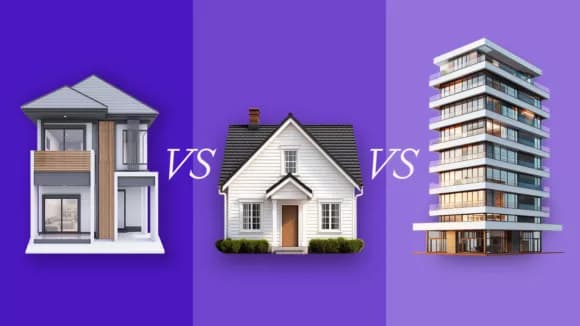It’s true that property prices in Auckland, New Zealand’s most populous region, went up the fastest. But a higher population on its own doesn’t mean that property prices go up much faster.
While bigger cities have more demand for property, they also have greater supply. As city’s populations grow, the demand for housing goes up, so more developers get in and build more.
This is why, over the long term, property prices in big cities and small towns go up at a similar rate.
But property prices do increase more consistently than smaller towns; you tend to see property prices go up in most years.
Smaller towns, on the other hand, tend to be more start and stop. They have more ups and downs.
Between 1996 and 2003, Gisborne house prices went down and stayed down. Then they had an immense period of catch-up growth.
That happened again between 2007 and 2016. Prices were flat, then they almost tripled in the 5 years between 2016 and 2021.
Compare that to Auckland. House prices there have steadily tracked upwards, relatively consistently.







